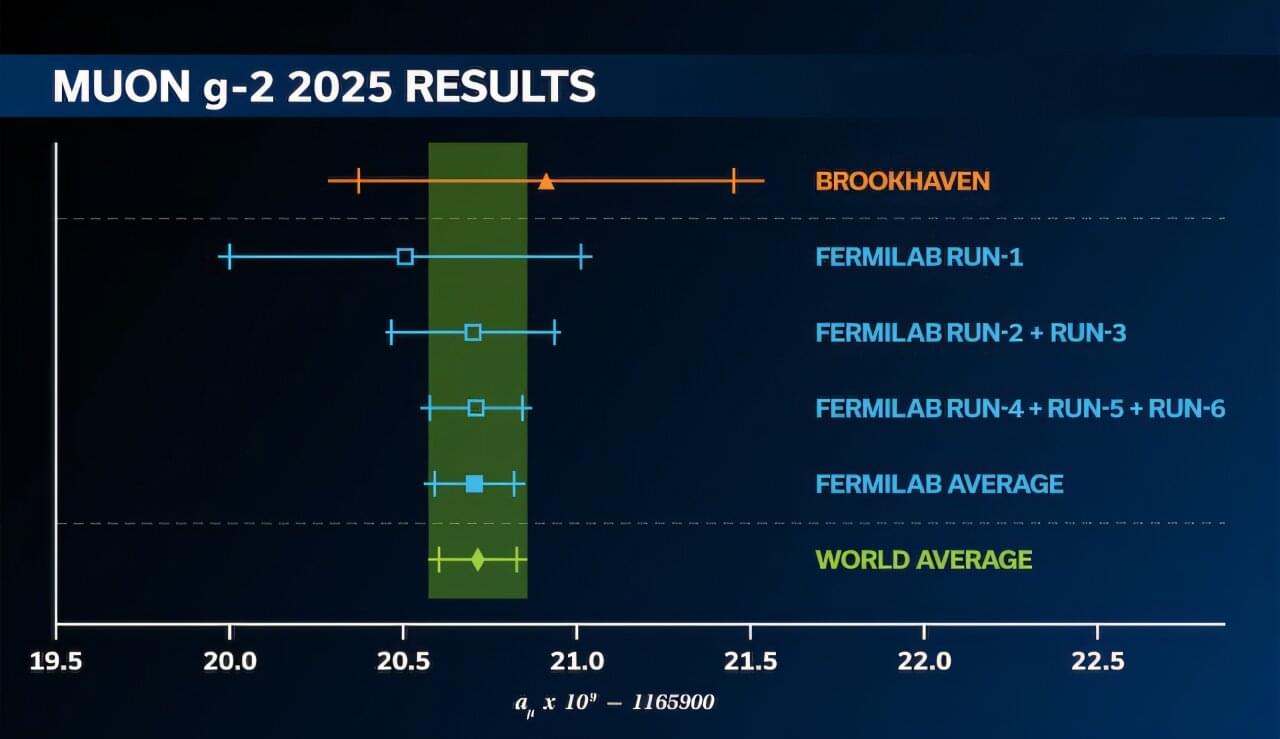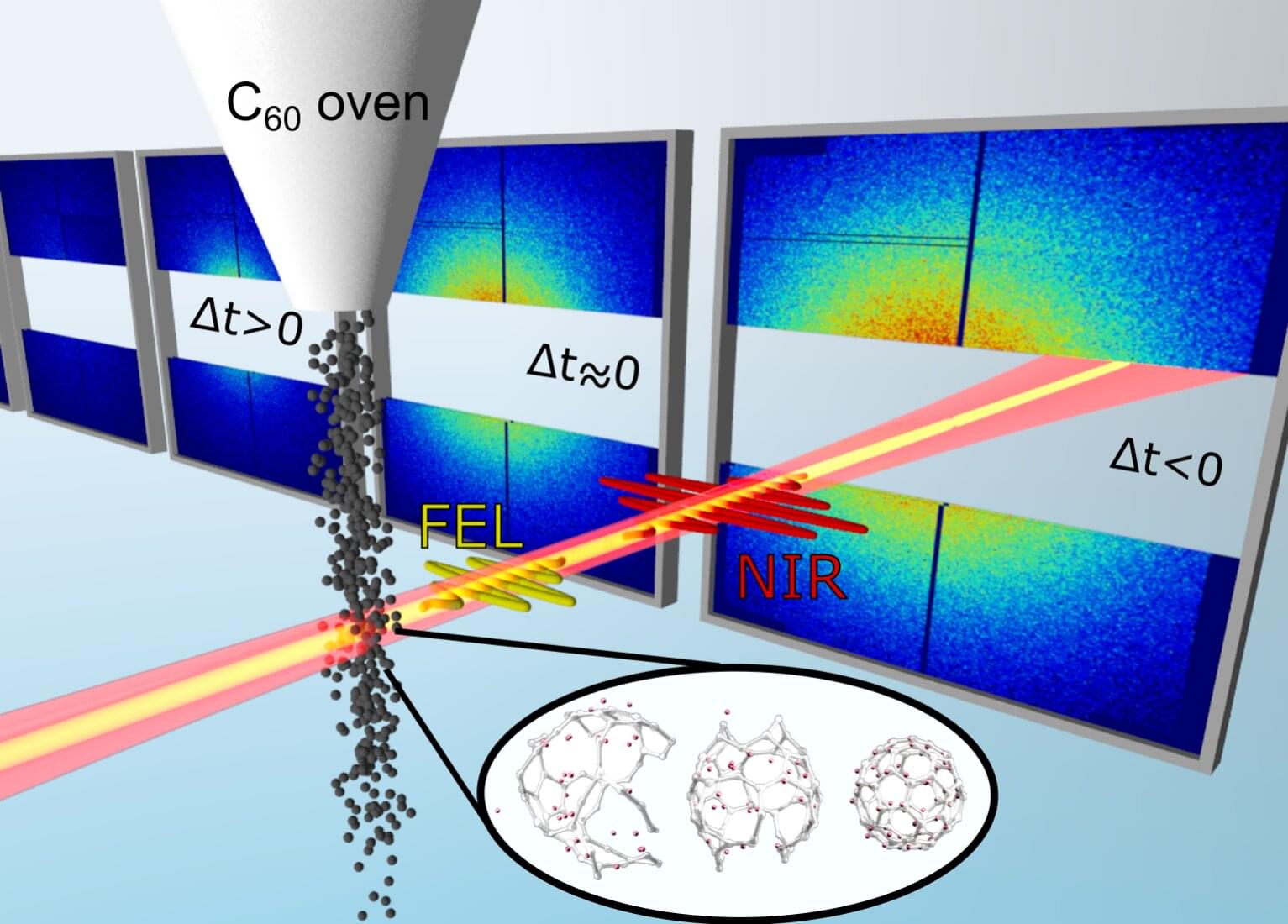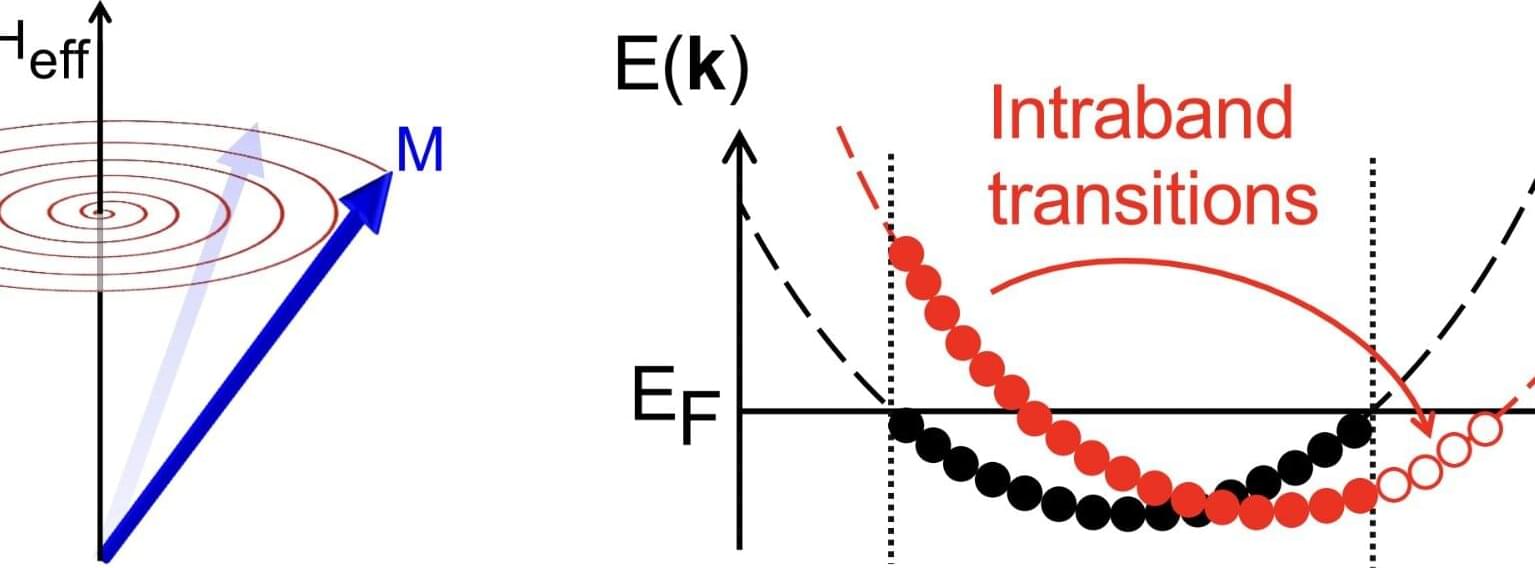There are few technologies more fundamental to modern life than the ability to control light with precision. From fiber-optic communications to quantum sensors, the manipulation of photons underpins much of our digital infrastructure. Yet one capability has remained frustratingly out of reach: controlling light with light itself at the most fundamental level using single photons to switch or modulate powerful optical beams.
Now, researchers at Purdue University have achieved this long-sought milestone, demonstrating what they call a “photonic transistor” that operates at single-photon intensities.
Their findings, published in the journal Nature Nanotechnology, report a nonlinear refractive index several orders of magnitude higher than the best-known materials, a leap that could finally make photonic computing practical.









